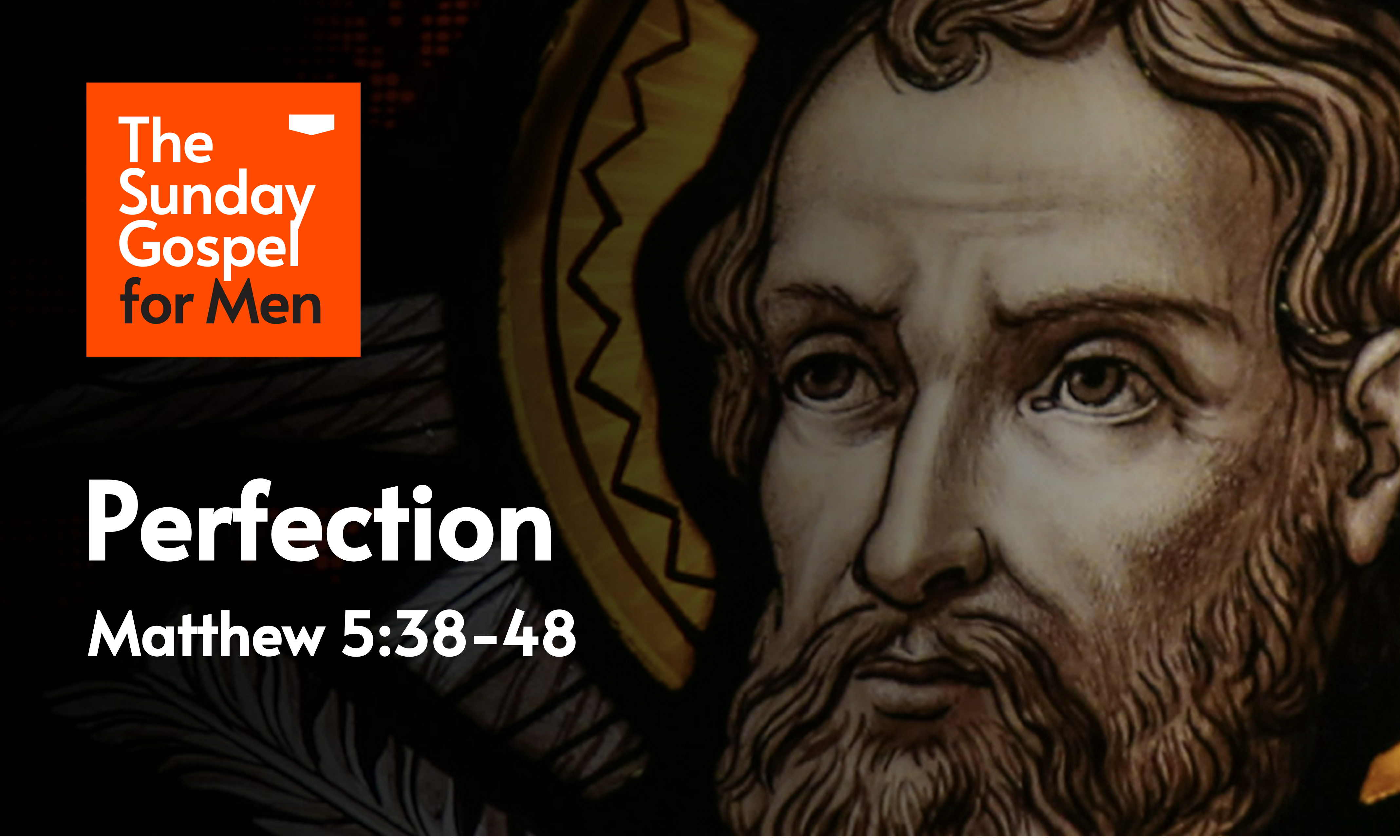For Sunday, February 19th, 2023
Reading
Jesus said to his disciples: “You have heard that it was said, an eye for an eye and a tooth for a tooth. But I say to you, offer no resistance to one who is evil. When someone strikes you on your right cheek, turn the other one as well. If anyone wants to go to law with you over your tunic, hand over your cloak as well. Should anyone press you into service for one mile, go for two miles. Give to the one who asks of you, and do not turn your back on one who wants to borrow. You have heard that it was said, you shall love your neighbor and hate your enemy. But I say to you, love your enemies and pray for those who persecute you, that you may be children of your heavenly Father, for he makes his sun rise on the bad and the good, and causes rain to fall on the just and the unjust. For if you love those who love you, what recompense will you have? Do not the tax collectors do the same? And if you greet your brothers only, what is unusual about that? Do not the pagans do the same? So be perfect, just as your heavenly Father is perfect.”
Matthew 5:38-48
Reflection
“Be perfect, just as your heavenly Father is perfect.” That is a daunting command. Too often, we understand that command through the lens of our contemporary anxiety-ridden culture. We interpret that saying of Christ to mean that we cannot make mistakes, that we cannot fall into error. All must be perfect, without blemish, without weakness, because in perfection we find our identity. The counselors’ offices are filled with men bearing such anxiety.
Christ is not commanding the perfect execution of all human action; he is commanding something more vexing. He is commanding that we act like God in loving all. We are to love those who do not love us. We are, in other words, to will the good of those who will our harm. In this way, we are to be perfect.
God’s love is available for the sinner and the saint. The entire scripture is a testimony to God’s love seeking out and penetrating the hearts of “sinners,” of bad people. To leave the bad people without love would be to leave them without God, for God is love. He wants us to participate in his love and join him in converting bad people into good—enemies into friends.
We are not to act like God out of our own willpower. It is too puny—too wounded. We are to act like God out of our willpower infused with God’s love. This infusion happens through prayerful communion with God and through faith, hope, and love.
Forgiving those who have harmed us means being configured to Christ upon the cross, who says, “Father, forgive them; for they know not what they do” (Luke 23:34). To forgive someone is to incorporate the wound they inflicted upon you into your love for them. In other words, the wounds do not sever your communion with another but instead become the occasion for your love to deepen. Forgiveness is always a miracle. Forgiveness is always divine, always unexpected, and scandalous to modern rules and values.
Our culture and society today teach us to “cancel” the enemy, to shun and exile him to the margins of influence and commerce. However, in Christ, the enemy is always our future brother. There is no clearer evidence that one has allowed Christ to inhabit one’s will and heart than forgiving one who has harmed us.
Such forgiveness does not have to happen all at once. It usually proceeds in degrees, as the victim slowly relates all the pain to God in prayer and, over time, becomes enabled to set his heart free from the prison of hate, revenge, and anger. Such freedom does not have to occur in the perpetrator’s presence. God can free us from the chains of unforgiveness even after the perpetrator has left our presence or died. Forgiveness is a gift God gives victims; if they are open to it, this gift frees perpetrators. This is perfection: forgive as you have been forgiven.
Today, ask the Lord to give you the grace of perfection—the grace to forgive and to love.
Is it time for your Exodus? Learn more here.








